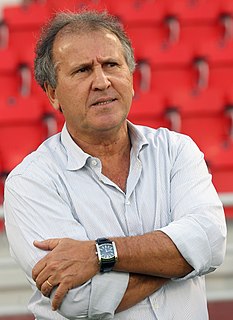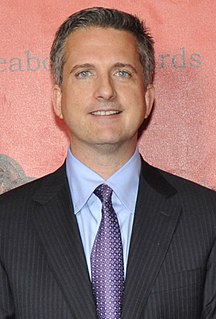A Quote by Lawrence Jackson
I studied philosophy and ended on sociology. For some reason, all the advanced courses in philosophy were offered 4:30 to 6:30, so I could never go because of football, so I had to switch.
Related Quotes
When I got to college, I planned to be a math major, and, in addition to signing up for some math courses, I decided to take some philosophy. Quite by chance, I took a philosophy of science course in which the entire semester was devoted to reading Locke's Essay. I was hooked. For the next few semesters, I took nothing but philosophy and math courses, and it wasn't long before I realised that it was the philosophy that really moved me.
In the U.S., you couldn't have job creation with interest rates of 30 or 40 percent. They had a philosophy that said job creation was automatic. I wish it were true. Just a short while after hearing, from the same preachers, sermons about how globalization and opening up capital markets would bring them unprecedented growth, workers were asked to listen to sermons about "bearing pain." Wages began falling 20 to 30 percent, and unemployment went up by a factor of two, three, four, or ten.
The way forward does not lie in amateur and comically timeless linguistic sociology which takes 'forms of life ' for granted (and this is what philosophy has been recently), but in the systematic study of forms of life which does not take them for granted at all. It hardly matters whether such an inquiry is called philosophy or sociology.
Philosophy is not a body of knowledge to impart to someone, that's why reading philosophy books isn't always the best way of learning philosophy. Philosophy is really more the process of rational engagement, rational reflection with a diversity of views and ideas and opinions and trying to sort of reason your way through to a more reflective position. I think if you look at it that way, philosophizing is to some extent some small way a part of almost everyone's lives although they don't recognize it as such and a lot of people are embarrassed about it.




































